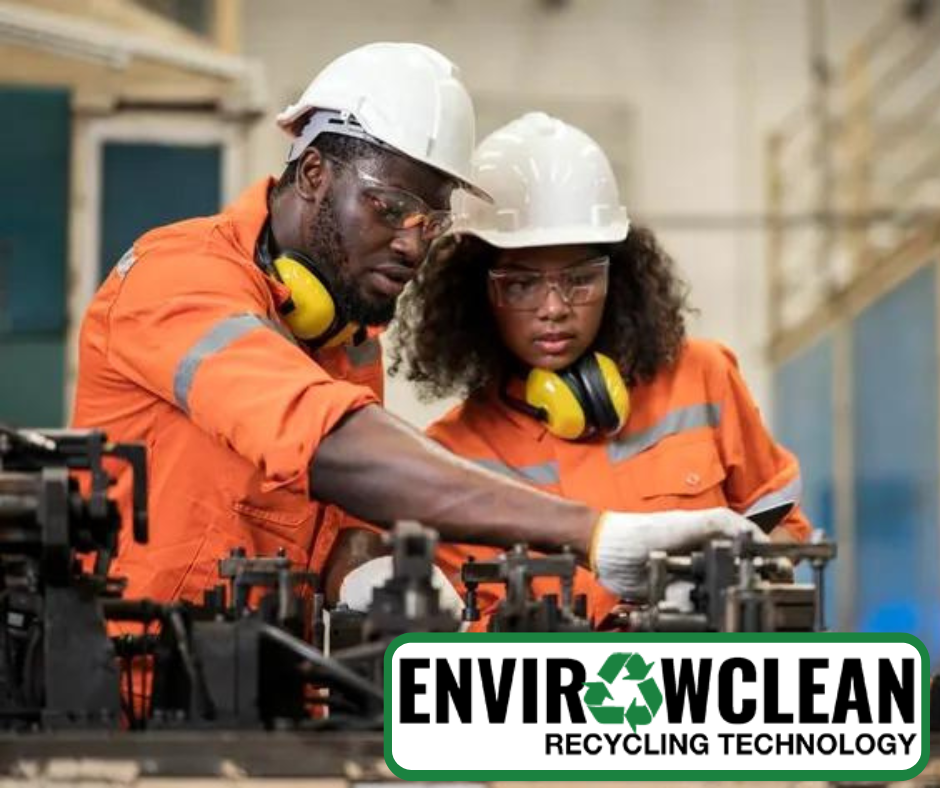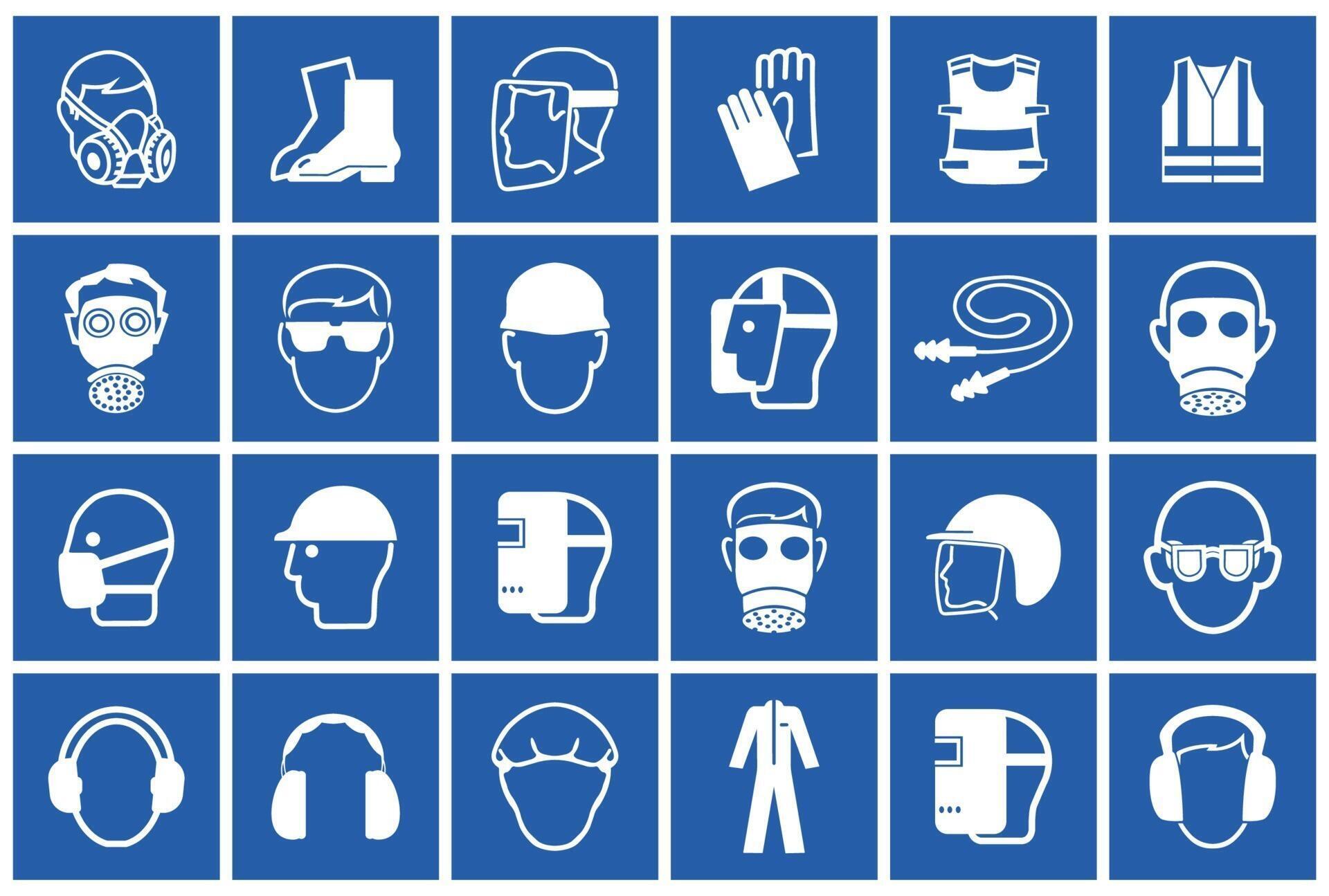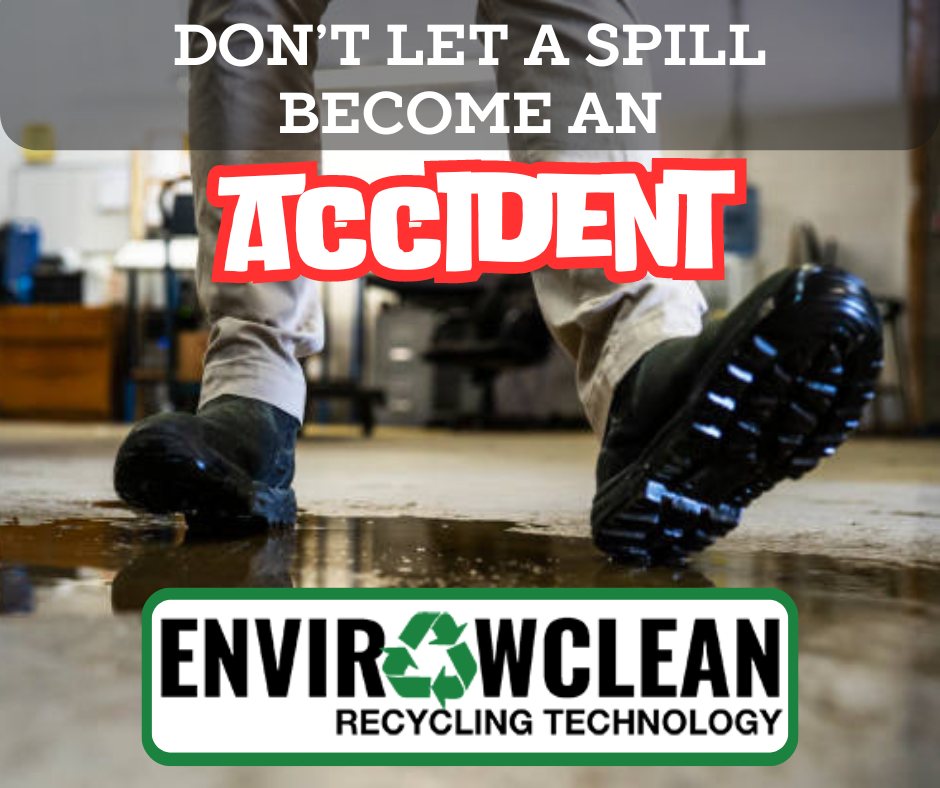In today’s rapidly evolving industrial landscape, sustainability is no longer just a buzzword—it’s a necessity. As manufacturing companies strive to reduce their environmental footprint and embrace responsible business practices, one area that has gained significant attention is the recycling of Personal Protective Equipment (PPE). From reducing waste generation to fostering employee engagement, the benefits of recycling PPE in manufacturing are numerous and far-reaching. Let’s explore each of these benefits in detail:
1. Environmental Impact Reduction:
Recyclable PPE in manufacturing helps minimize waste generation and conserves resources. By diverting used PPE from landfills, companies can reduce their environmental impact and contribute to a healthier planet for future generations.
2. Resource Conservation:
Recycled PPE conserves valuable resources such as raw materials, energy, and water. Instead of extracting new materials from the earth, companies can repurpose existing PPE, reducing the strain on natural resources and promoting sustainability.
3. Cost Savings:
Utilizing recyclable PPE can lead to significant cost savings for manufacturing companies. By reducing the need for purchasing new equipment and minimizing disposal expenses, companies can optimize their operational budgets and improve their bottom line.
4. Regulatory Compliance:
Recycling PPE ensures compliance with environmental regulations and sustainability standards. By demonstrating a commitment to responsible business practices, companies can enhance their reputation and build trust with stakeholders.
5. Circular Economy:
Incorporating recycled PPE into manufacturing operations contributes to the development of a circular economy. In a circular economy, materials are reused, recycled, and repurposed to minimize waste and maximize resource efficiency, creating a more sustainable and resilient industry.
6. Employee Engagement:
Implementing a recycling program for PPE can foster employee engagement and promote a culture of sustainability within the manufacturing facility. Employees feel a sense of pride and ownership in contributing to environmental stewardship, leading to increased morale and productivity.
7. Quality Assurance:
Recycled PPE undergoes thorough inspection, cleaning, and repair processes to ensure that it meets safety standards. By prioritizing quality assurance, companies can ensure that their workers are adequately protected from workplace hazards.
8. Community Benefits:
Recycling PPE in a manufacturing setting can have positive impacts on the surrounding community. By reducing waste disposal in landfills and minimizing pollution, companies contribute to a cleaner and healthier environment for local residents.
9. Innovation Opportunities:
Investing in PPE recycling technologies and processes presents opportunities for innovation and collaboration within the manufacturing industry. By driving advancements in sustainability and resource management, companies can position themselves as leaders in the field.
10. Long-Term Sustainability:
By incorporating recycled PPE into manufacturing operations, companies contribute to the long-term sustainability of the industry. By embracing sustainable business practices, companies can create a more environmentally responsible supply chain and ensure a brighter future for generations to come.






